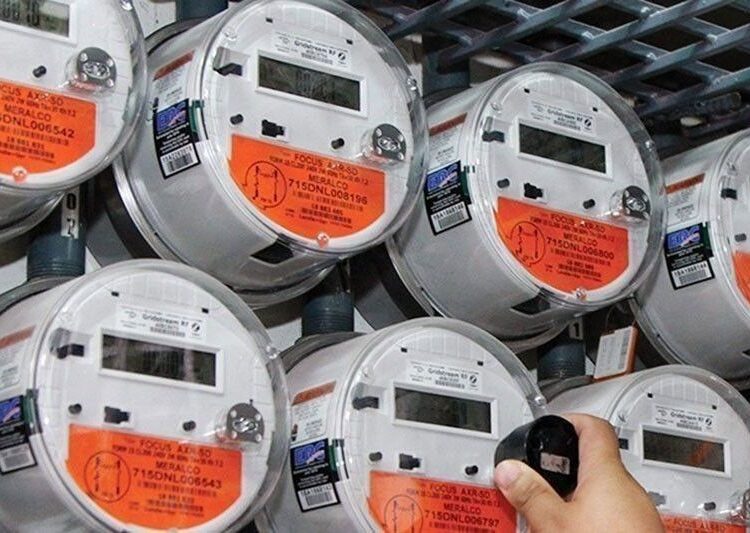ZURICH — Numerous posts on social media blame climate-change policies for the surge in energy prices. AFP Fact Check asked experts whether the claim stands up.
“Higher energy prices are all a part of the climate cult agenda. Make their ‘green energy’ fantasy come true by making fossil fuels unaffordable,” wrote one US Twitter user, @jimslater10, on October 4. Similar complaints have surfaced in Australia, Britain and Canada.
Experts say some policies may hike some prices in the short term but help lower costs long-term overall – and the current surge is driven largely by the war in Ukraine.
“Today’s climate policies are probably causing lower energy prices today, although it is complicated, and may in some cases be causing short-term price rises,” said Anthony Patt, professor of climate policy at the Swiss research university ETH Zurich.
“The main cause of the current rise in energy prices is geopolitics, in particular the war in Ukraine, as well as other factors unrelated to climate policy: damages at nuclear power plants, droughts,” he added.
Policies that oblige companies to invest in boosting energy efficiency may drive up unit prices — but the efficiency boost keeps costs for users down overall, said Tina Fawcett, a senior energy researcher at Oxford University’s Environmental Change Institute.
“Some climate and energy policies, such as energy company obligations, do drive up the cost per kilowatt-hour. However, if they are good schemes — and analysis shows they can be very cost-effective — they will reduce energy bills by saving customers energy,” she said.
Patt said in countries such as Germany, climate policies have led to higher electricity prices by fixing tariffs for renewables, financed by a surcharge on electricity rates — but the effect was only short term as tariffs later fell below market prices.
Regarding renewables, a study published in the sustainable energy journal Joule in September 2022 concluded that “a rapid green energy transition will likely result in overall net savings of many trillions of dollars — even without accounting for climate damages or co-benefits of climate policy.”
Once infrastructure is built, “wind and sunshine are free. You only pay for the cost of installing the equipment but the ‘fuel source’ is abundant,” said Sugandha Srivastav, a research associate in environmental economics at Oxford University.
“On the other hand, for fossil fuels, even after you build a power plant, you constantly have to pay for the fuel.”
In response to criticism levelled at measures such as US President Joe Biden’s Inflation Reduction Act, specialists say such climate policies do not raise the price of oil and gas.
The act “does nothing to penalise fossil fuel industries or drive up the cost of these fuels, apart from a small tax on methane leaks,” said Daniel Cohan, an associate professor of civil and environmental engineering at Rice University in Texas.
“In fact, by subsidising the transition to clean energy, it will lower demand for those fuels and bring down their costs,” Cohan said.
Taxes on fossil fuel products such as gasoline — which in some countries are imposed partly on environmental grounds — “can lead to higher prices,” said Patt.
“But … the tax revenues get used for other things, like replacing other taxes. So while energy prices might go up, other prices go down, and the net effect is essentially nothing.”
Energy prices were already rising in 2021 and bills have surged since Russia invaded Ukraine in February.
The International Energy Agency (IEA) said in an analysis in October 2021 that the factors behind the surge in gas, coal, electricity and gasoline prices included the sudden post-pandemic rebound.
The invasion of Ukraine later disrupted supplies and prompted sanctions on Russia’s oil and gas sector.
IEA head Fatih Birol slammed the assertion that “today’s global energy crisis is a clean energy crisis” as a “myth” and a “fallacy” in an article last month in the Financial Times.
“When people misleadingly blame clean energy and climate policies for today’s energy crisis they are, intentionally or not, moving the spotlight away from the real culprits — the gas supply crunch and Russia,” he said.






Discussion about this post